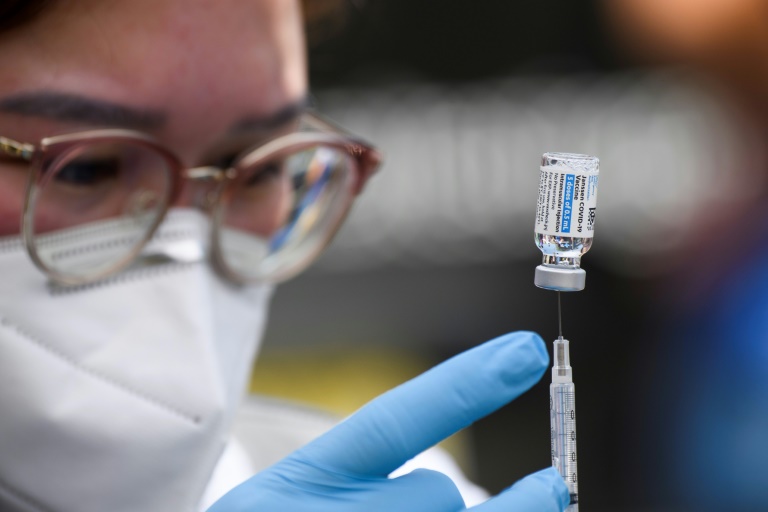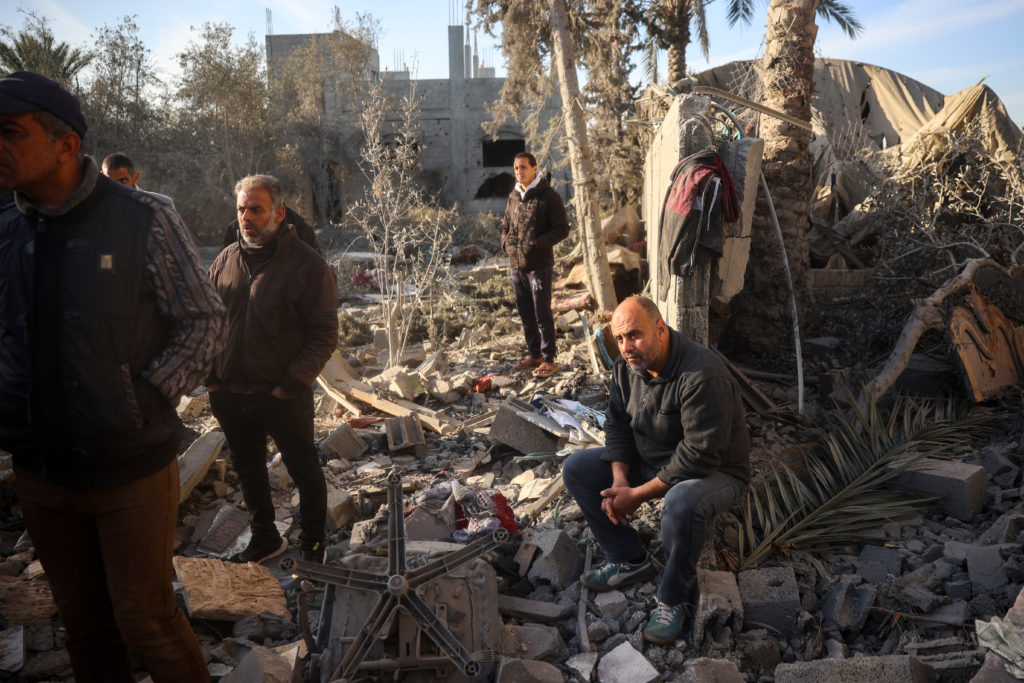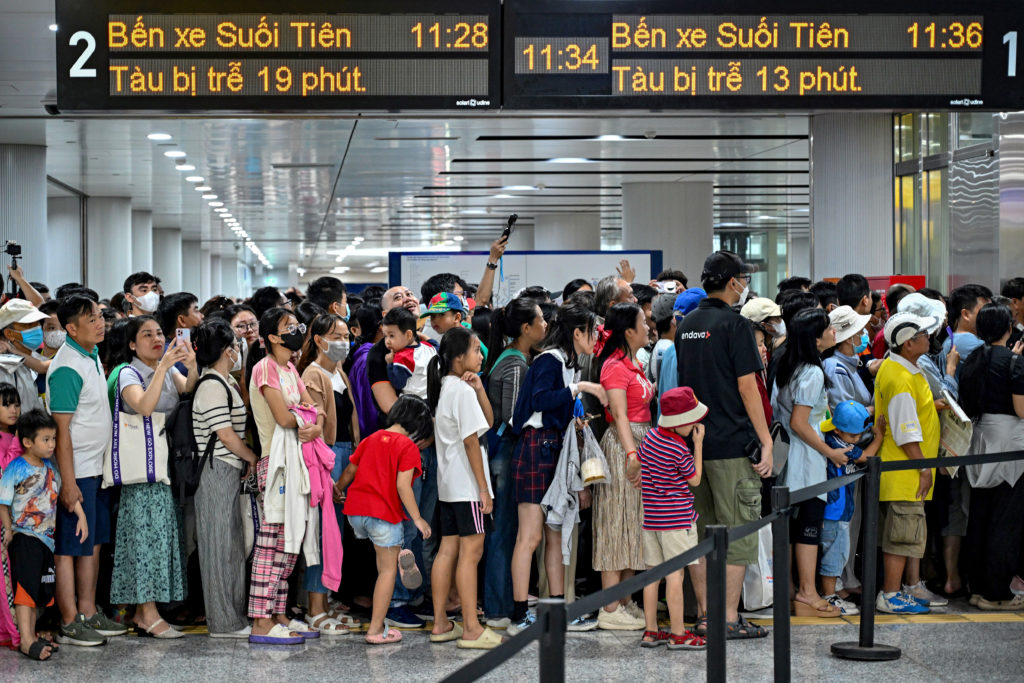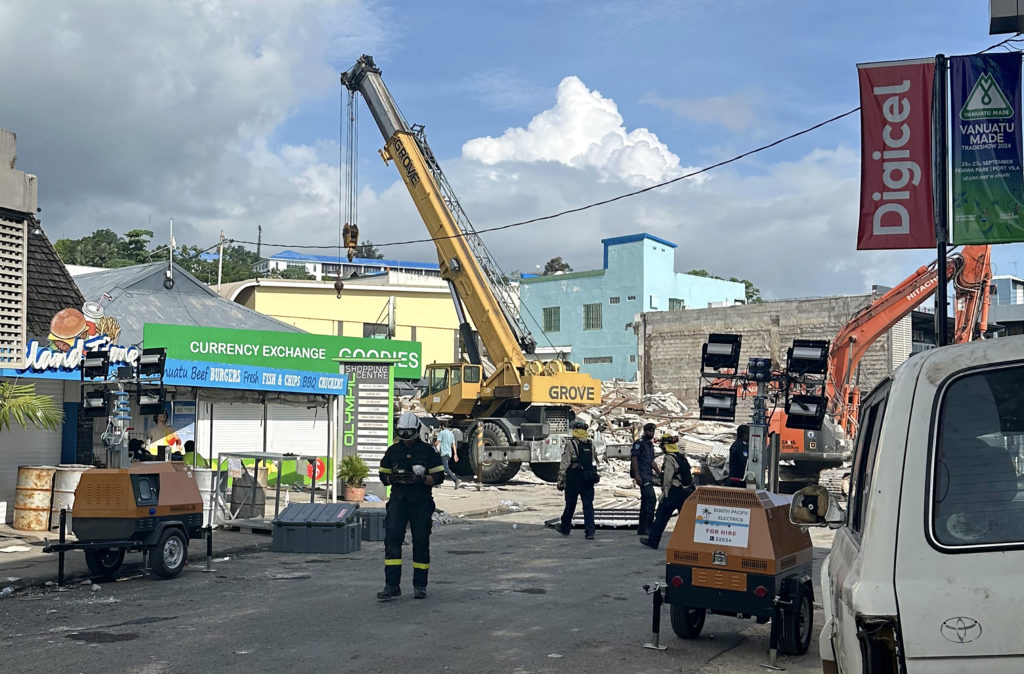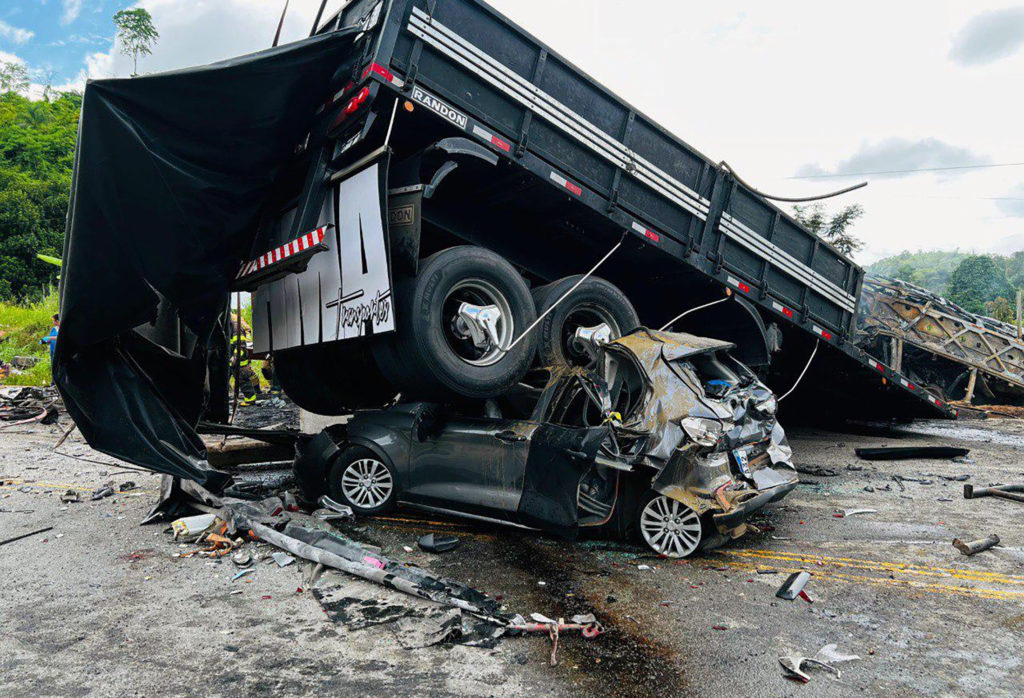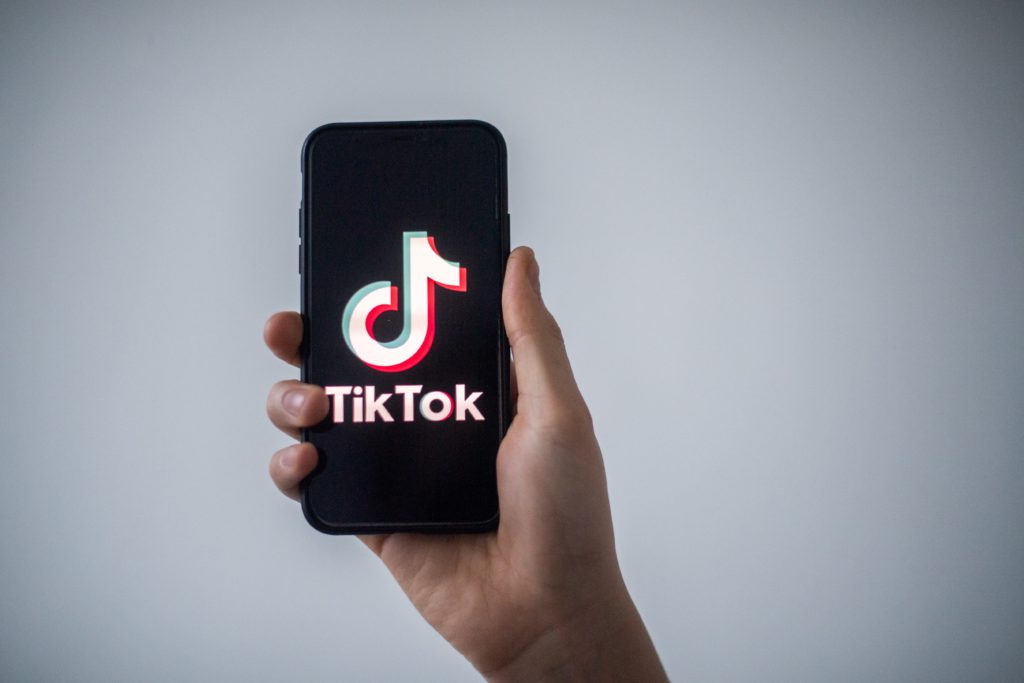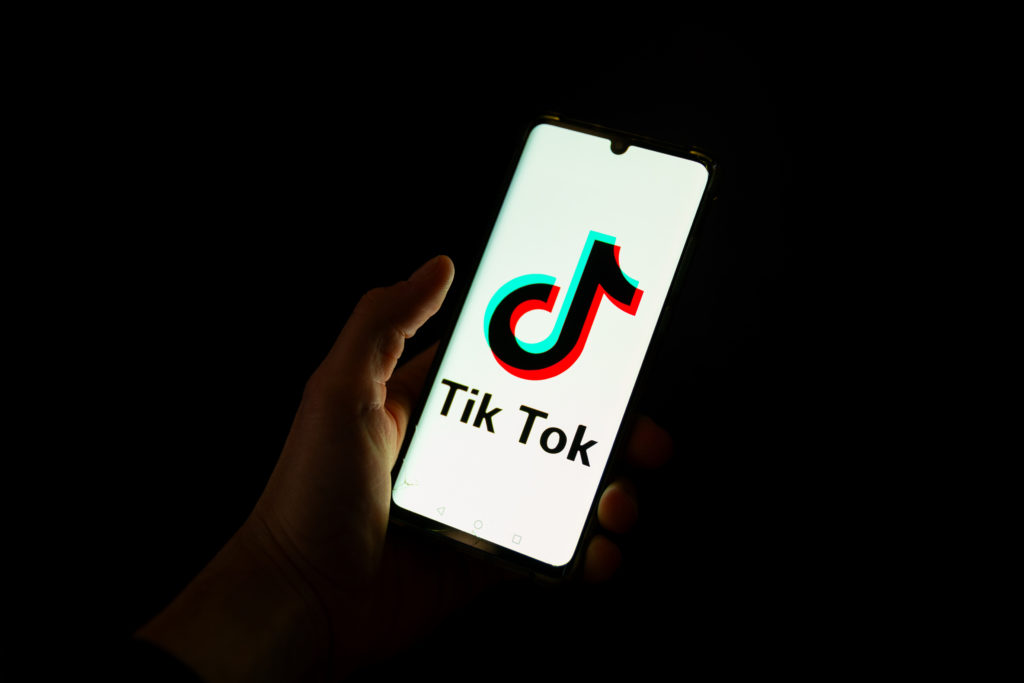The World Health Organization condemned Wednesday the rush by wealthy countries to provide Covid vaccine booster shots, while millions around the world have yet to receive a single dose.
Speaking before US authorities announced that all vaccinated Americans would soon be eligible to receive additional doses, WHO experts insisted there was not enough scientific evidence that boosters were needed.
Providing them while so many were still waiting to be immunised was immoral, they argued.
“We’re planning to hand out extra life jackets to people who already have life jackets, while we’re leaving other people to drown without a single life jacket,” WHO’s emergency director Mike Ryan told reporters, speaking from the UN agency’s Geneva headquarters.
“The fundamental, ethical reality is we’re handing out second life jackets while leaving millions and millions of people without anything to protect them.”
Earlier this month, the WHO called for a moratorium on Covid vaccine booster shots to help ease the drastic inequity in dose distribution between rich and poor nations.
That has not stopped a number of countries moving forward with plans to add a third jab, as they struggle to thwart the Delta variant.
– First shot ‘critical’ –
US authorities, warning that Covid-19 vaccination efficacy was decreasing over time, said Wednesday they had authorised booster shots for all Americans from September 20. They will start eight months after an individual has been fully vaccinated.
While the vaccines remain “remarkably effective” in reducing the risk of severe disease, said officials, hospitalisation and death from the effects of Covid, protection could diminish in the months ahead without boosted immunisation.
Washington had already authorised an extra dose for people with weakened immune systems.
Israel has also begun administering third doses to Israelis aged 50 and over.
But WHO experts insisted that the science was still out on boosters and stressed that ensuring that people in low-income countries where vaccination is lagging received jabs was far more important.
“What is clear is that it’s critical to get first shots into arms and protect the most vulnerable before boosters are rolled out,” WHO chief Tedros Adhanom Ghebreyesus told Wednesday’s press conference.
“The divide between the haves and have nots will only grow larger if manufacturers and leaders prioritise booster shots over supply to low- and middle-income countries,” he said.
– ‘Shame on all humanity’ –
Tedros voiced outrage at reports that the single-dose J&J vaccine currently being finished in South Africa was being shipped for use in Europe “where virtually all adults have been offered vaccines at this point”.
“We urge J&J to urgently prioritise distribution of their vaccines to Africa before considering supplies to rich countries that already have sufficient access,” he said.
“Vaccine injustice is a shame on all humanity and if we don’t tackle it together, we will prolong the acute stage of this pandemic for years when it could be over in a matter of months.”
South African NGOs have denounced the shipments from South Africa as “vaccine apartheid” when less than two percent of 1.3 billion Africans have been fully vaccinated so far.
“Millions of doses” produced there have been exported since March to Europe and the United States, several NGOs said in a statement Tuesday.
“J&J are complicit in vaccine apartheid, diverting doses from those who really need them to the wealthiest countries on earth,” Fatima Hassan, of the South African NGO Health Justice Initiative, told AFP.
“It’s colonialist extraction, plain and simple,” said Hassan.
Doses are assembled and packaged in South Africa by the pharmaceutical giant Aspen in Gqeberha, formerly known as Port Elizabeth.
“Global allocation of vaccines is currently not being made by public health officials but instead by a handful of company officials, who consistently prioritise Europeans and North Americans over Africans,” said Dr Matthew Kavanagh of the Health Law Institute at Georgetown University.

